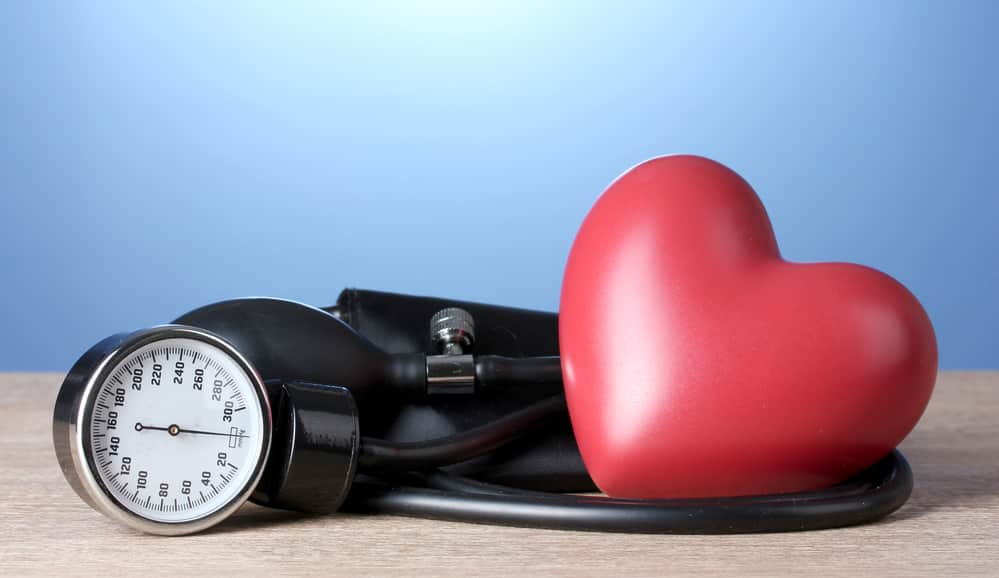By Dr. Keith Sheehan
January 20, 2020
One of the most common questions I get in our office is “how do I get off of my blood pressure medicine?” You see, a recent scholarly report shows that even though blood pressure medication gets down your blood pressure, they do not actually help prevent heart attacks and strokes unless you’ve already had one heart attack. Also, the study recommends that people not take blood pressure medication unless their blood pressure is over 150/90. The study also states that lifestyle changes such as weight reduction, exercise, and getting enough sleep gets down your blood pressure and helps prevent heart attacks and strokes.
Why Is There a Problem?
So why do doctors repeat that blood pressure should be below 120/80 and use drugs as their first line of action? Honestly, your guess is as good as mine, but it probably has to do with how easy it is to prescribe a drug, that is covered by insurance, rather than take the time to educate a person about what caused the problem in the first place, which is not covered by insurance. Once again, we are running into the same problem that we always do with healthcare: education and prevention take time; they’re not covered by insurance; drugs are covered by insurance and are very easy to give.
Now that we’ve covered what does NOT cause increased blood pressure (pharmaceutical deficiency), let’s talk about what actually DOES cause increase blood pressure, and how do you fix it?
In a nutshell, increased contraction of the muscles comprising the arterial walls, and inability to relax them will cause an increase in blood pressure, and make you more susceptible to stroke and heart disease, amongst other problems (such as stroke). But what causes that?
Stay tuned for next week’s email where I cover the causes of hypertension.
Are you struggling with a chronic health problem? It is time to take your health into your own hands. Find out where your nutritional status lies by completing a nutritional blood test. Take a couple of months to try a safe natural drug-free approach. Results can often be seen in just a few days or weeks. Let us guide you down the right path with an individualized plan that is constructed specifically towards your needs and help you discover a safe and natural option to benefit your health.
Sincerely yours,
Dr. Keith Sheehan

